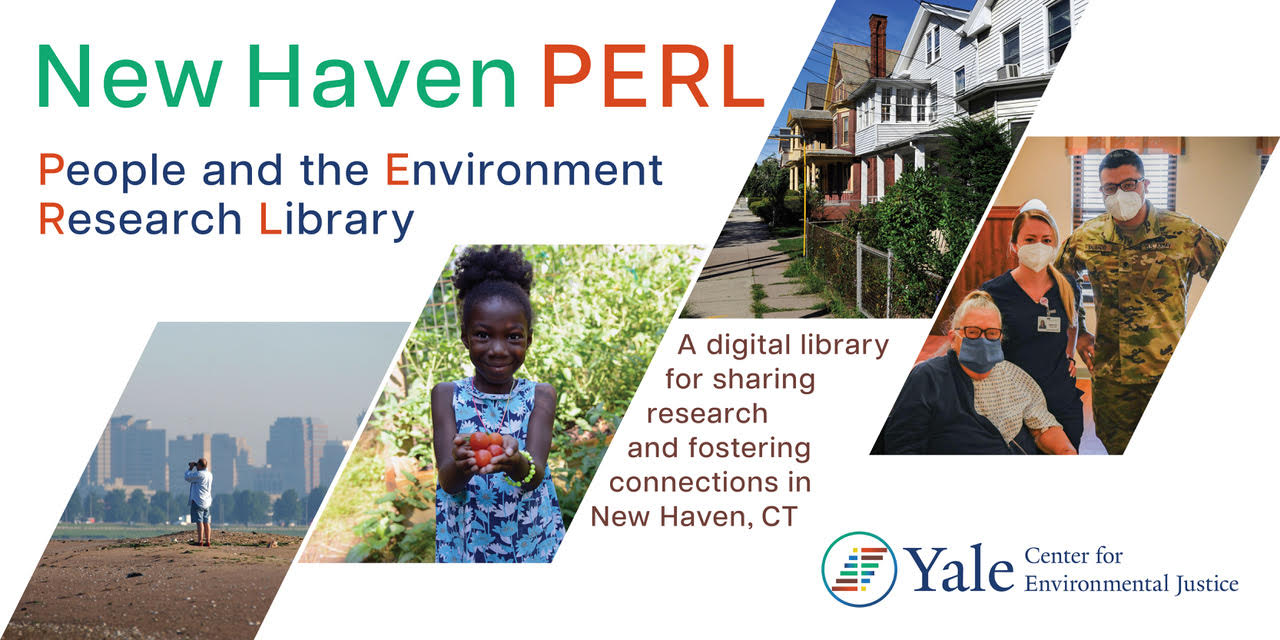Intersectional experiences of discrimination in a low-resource urban community: An exploratory latent class analysis
Document Type
Article
Summary Description
This paper uses an intersectionality framework to understand experiences of discrimination and the impact of discrimination on health in New Haven.
Abstract
There have been increasing calls for the application of an intersectionality framework to understand and address discrimination and health inequities among diverse communities. Yet there have been theoretical debates regarding to whom intersectionality applies and how intersectional experiences of discrimination are associated with health outcomes. The current study aimed to contribute to these theoretical debates and inform practical applications to reduce health inequities. Data were drawn from a community health survey in New Haven, CT (N = 1,293 adults) and analysed using latent class analysis. Results yielded 4 classes. Members of the 4 classes were similar sociodemographically. Three classes of participants reported experiencing discrimination, and members of these classes had greater stress, higher rates of smoking and sleep disruption, and worse overall health than members of the class reporting no discrimination. Members of 2 classes made multiple, or intersectional, attributions for discrimination, and members of these classes reported the most frequent discrimination. Findings suggest that community members who are sociodemographically similar may have diverse discrimination experiences. Multilevel interventions that address multiple forms of discrimination (e.g., racism and sexism) may hold promise for reducing discrimination and, ultimately, health inequities within low-resource urban community settings.
Publication Status
Published
Category Tags
Racial Justice and Racism; Disease; Gender, Sexuality, and Sexual Health; Mental Health and Wellness
New Haven Neighborhood
New Haven (All)
Recommended Citation
Earnshaw, Valerie A.; Rosenthal, Lisa; Gilstad-Hayden, Kathryn; Carroll-Scott, Amy; Kershaw, Trace S.; Santilli, Alycia; and Ickovics, Jeannette R., "Intersectional experiences of discrimination in a low-resource urban community: An exploratory latent class analysis" (2018). Academic Articles. 47.
https://elischolar.library.yale.edu/nhperl_articles/47


